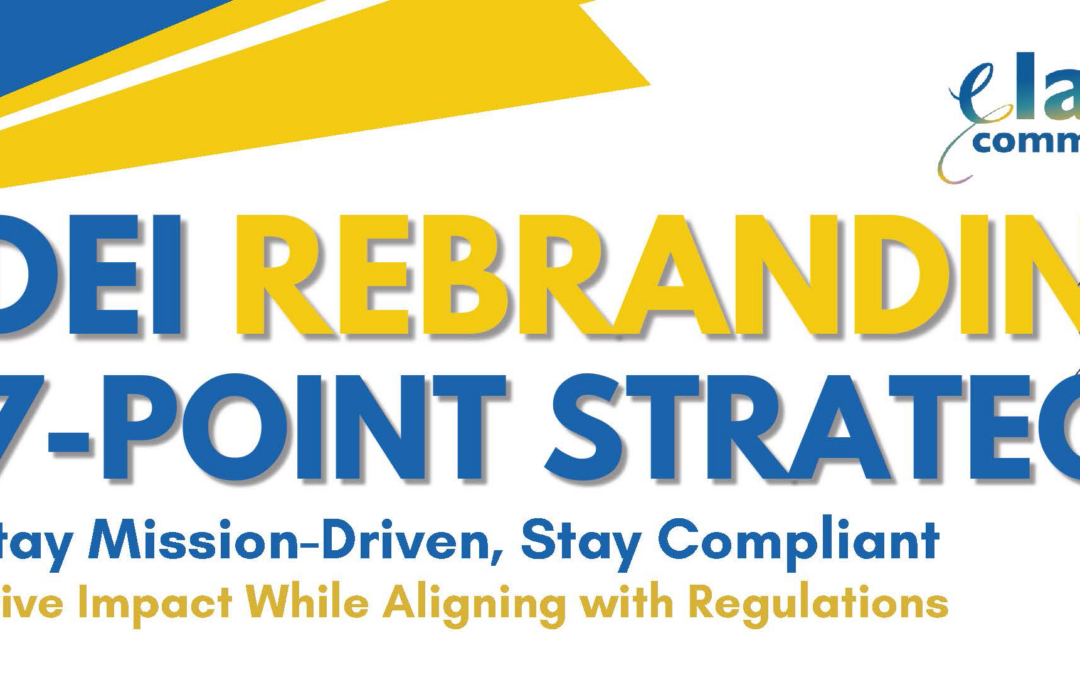Leveraging CRMs for Effective Marketing
Whether you’re a small business or a large enterprise, investing in a CRM system can transform your marketing efforts and deliver significant returns. By leveraging the power of a CRM, you ensure your marketing strategies are not only effective but also aligned with the needs and expectations of your customers, setting the stage for sustained success in an increasingly competitive market.
Marketing has evolved from broad, one-size-fits-all campaigns to highly personalized, data-driven strategies. Customer relationship management (CRM) systems have become indispensable tools in this transformation, enabling businesses to understand their customers better, tailor their marketing efforts, and ultimately drive higher engagement and conversions. Read on for how CRMs can be used for effective marketing, helping businesses build stronger customer relationships and achieve their goals.
One of the most powerful features of a CRM is its ability to centralize customer data. A CRM collects and organizes information from various touchpoints—such as emails, social media interactions, website visits, and purchase history—into a single, comprehensive database. This centralized data provides marketers with a 360-degree view of each customer, enabling them to gain valuable insights into customer behavior, preferences, and needs. Customers also expect businesses to understand their needs and provide relevant content and offers. A CRM system allows businesses to deliver on this expectation by enabling personalized marketing campaigns at scale.
Effective marketing hinges on reaching the right audience with the right message. CRMs allow for advanced customer segmentation, enabling marketers to create highly targeted campaigns that address the specific needs and pain points of different customer groups. While acquiring new customers is important, retaining existing ones is even more crucial to long-term success. CRMs play a vital role in customer retention by enabling businesses to deliver personalized experiences that keep customers coming back. CRMs are also equipped with powerful automation features that streamline marketing processes, making it easier to execute campaigns and manage customer interactions. From email marketing to social media management, CRMs automate routine tasks, freeing time for marketers to focus on strategy and creativity.
CRMs often integrate with a wide range of marketing tools, including email marketing platforms, social media management tools, and advertising networks. This integration allows for a seamless flow of data between systems, enhancing the effectiveness of marketing efforts. One of the most significant challenges in marketing is measuring the return on investment (ROI). CRMs provide detailed reporting and analytics that help marketers track the performance of their campaigns and understand their impact on sales and customer relationships.
In today’s data-driven marketing landscape, CRMs have become essential tools for businesses looking to build meaningful, long-lasting relationships with their customers. By centralizing customer data, enabling personalized marketing, automating processes, and providing valuable insights, CRMs empower marketers to create more effective, targeted campaigns that drive engagement, conversions, and customer loyalty.
By centralizing data, streamlining processes, and providing actionable insights, CRMs empower businesses to enhance their customer experience, improve efficiency, and drive growth. In today’s fast-paced business environment, a CRM is not just a nice-to-have tool—it’s an essential component of a successful business strategy.









